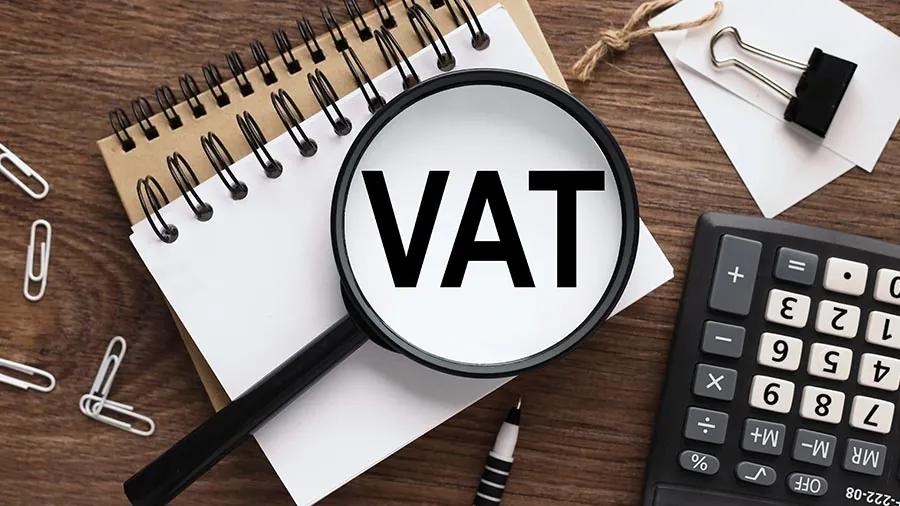მიმოხილვა
On July 22 of this year, the Minister of Finance published Public Decision N194 “On VAT Taxation of the Use of a Building/Structure for Own Production by a Taxable Person as a Principal Means of Business”.
This is a significant update for businesses in Georgia, particularly those engaged in real estate, construction, or industrial activities, as it provides long-awaited guidance on when and how VAT obligations arise.
Legal Basis of the Decision
Public Decision N194 interprets Subparagraph “b” of Article 160(3) of the Tax Code and narrows down the circumstances under which VAT applies to self-constructed buildings.
Three Conditions for VAT Application
Such an operation shall be subject to taxation only if all of the following three conditions are met simultaneously:
- a) the building/structure is constructed by the taxable person on a land plot owned or possessed by them;
- b) The building/structure is used for economic activity in accordance with its intended purpose;
- c) In the case of the acquisition of the building/structure from another person, the taxable person would not have been able to fully receive the VAT deduction.

Determining the VAT Taxable Base
The VAT taxable amount includes only the value of goods and services directly related to construction costs. The value of the land plot is not included in the VAT taxable amount, as, under subparagraph “g” of paragraph 1 of Article 171 of the Tax Code, the supply of land is exempt from VAT without the right of deduction.
Implications for Businesses
- Businesses entitled to full VAT deduction (e.g., most commercial activities) will not bear additional tax burdens when constructing their own buildings.
- Businesses engaged in VAT-exempt activities (e.g., finance, healthcare, education) must carefully assess their potential VAT liabilities, as construction costs may trigger taxation.
Conclusion – Practical Takeaway
Public Decision N194 is a positive step toward legal clarity and fairness in Georgia’s tax system. It reduces uncertainty, aligns VAT rules with economic reality, and helps businesses plan more effectively. The key lesson for taxpayers is clear: before launching a construction project, assess whether your activity qualifies for full VAT deduction. A proactive evaluation will minimize risks, prevent unexpected tax exposure, and support compliance in Georgia’s evolving tax environment.

